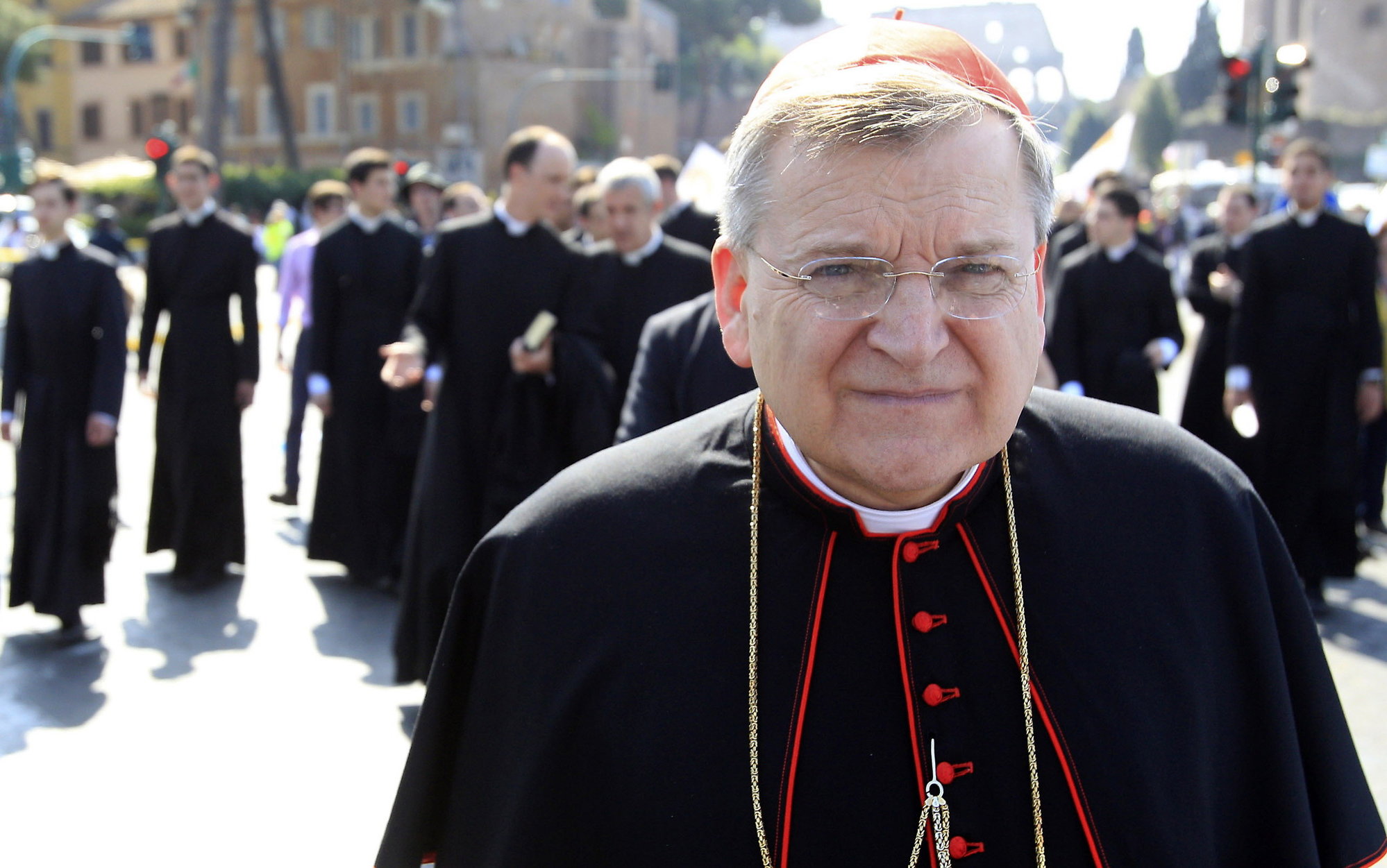
Q. I am very confused about the apostolic exhortation, Amoris Laetitia (“The Joy of Love”) issued by Pope Francis. I’ve been reading a lot of articles online that say that the Pope is changing Church teaching on marriage. Is this true?
A. In a word, no. The Pope did not (and cannot) change Church teaching on faith (what we believe) and morals (how we live). In fact, Pope Francis makes it very clear in Amoris Laetitia (hereafter abbreviated as AL) that he is not speaking infallibly. Nor is the exhortation even to be regarded as an official document of the Magisterium (the teaching office of the Church). He is merely offering his own personal opinion and reflection on the work of the recent Synods of bishops on the family (AL 3).
In fact, AL upholds Church teaching on marriage, and condemns many societal evils, such as abortion, euthanasia, and “gender ideologies” that are cancers in the culture.
Q. Fair enough. But there are some who believe that the document calls for a change – not in the Church’s teaching, but in “pastoral practice” – specifically, that civilly divorced and remarried Catholics ought to be allowed to receive Holy Communion. Cardinal Raymond Burke, who was a participant in the Synods on the family, has written an article in response to this idea. What did he say?
A. The article, which is well worth reading, can be found on the website of the National Catholic Register. Cardinal Burke notes that one can never validly “divorce” Catholic teaching from its application in pastoral practice.
He writes, “I remember the discussion which surrounded the publication of the conversations between Blessed Pope Paul VI and Jean Guitton in 1967. The concern was the danger that the faithful would confuse the Pope’s personal reflections with official Church teaching. While the Roman Pontiff has personal reflections which are interesting and can be inspiring, the Church must be ever attentive to point out that their publication is a personal act and not an exercise of the Papal Magisterium. Otherwise, those who do not understand the distinction, or do not want to understand it, will present such reflections and even anecdotal remarks of the Pope as declarations of a change in the Church’s teaching, to the great confusion of the faithful. Such confusion is harmful to the faithful and weakens the witness of the Church as the Body of Christ in the world.”
Cardinal Burke goes on to say:
“Over more than 40 years of priestly life and ministry, during 21 of which I have served as a bishop, I have known numerous other couples in an irregular union for whom I or my brother priests have had pastoral care. Even though their suffering would be clear to any compassionate soul, I have seen ever more clearly over the years that the first sign of respect and love for them is to speak the truth to them with love. In that way, the Church’s teaching is not something which further wounds them but, in truth, frees them for the love of God and their neighbor.
“It may be helpful to illustrate one example of the need to interpret the text of Amoris Laetitia with the key of the magisterium. There is frequent reference in the document to the ‘ideal’ of marriage. Such a description of marriage can be misleading. It could lead the reader to think of marriage as an eternal idea to which, in the changing historical circumstances, man and woman more or less conform. But Christian marriage is not an idea; it is a sacrament which confers the grace upon a man and woman to live in faithful, permanent and procreative love of each other. Every Christian couple who validly marry receive, from the moment of their consent, the grace to live the love which they pledge to each other.
“Because we all suffer the effects of original sin and because the world in which we live advocates a completely different understanding of marriage, the married suffer temptations to betray the objective reality of their love. But Christ always gives the grace for them to remain faithful to that love until death. The only thing that can limit them in their faithful response is their failure to respond to the grace given them in the sacrament of Holy Matrimony. In other words, their struggle is not with some idea imposed upon them by the Church. Their struggle is with the forces which would lead them to betray the reality of Christ’s life within them.”




